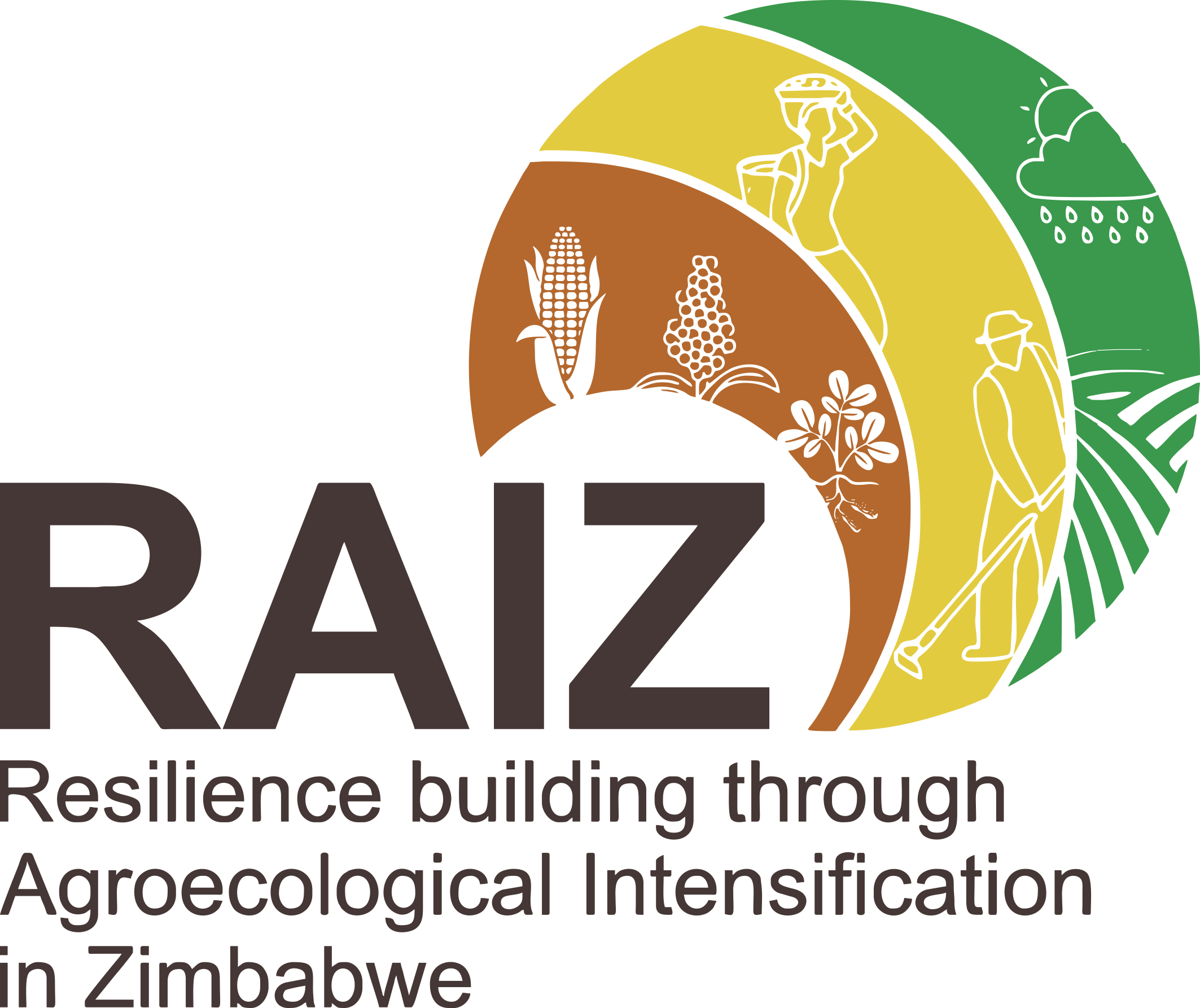Integrated weed management strategies for sustainable crop production across a climate gradient in Zimbabwe
Research questions
- To what extent are smallholder farmers in different agroecological regions exposed to weed pressure and what are the dominant weed species that are affecting farmers and reducing crop yields?
- What crop management strategies could be used to avoid serious crop yield losses by reducing weed density, reducing weed seed production and reducing soil weed seed bank size?

Juliet C. MURIMWA
PhD Student
General context
Smallholder agriculture is characterized by very low crop grain yields which are estimated to be less than 1t ha-1 and this consistently threatens food, nutrition and economic security in Zimbabwe. Low crop yields are linked to erratic rains causing a higher frequency of droughts or sometimes flooding, inherent poor soil fertility and pests, especially weeds. Frequent droughts and poor soil fertility create conducive conditions for weed prevalence and severe competition for water, light and nutrients. This research project is aimed at assessing how weeds as biotic stressors affect crop production, ultimately contributing to low crop yields.
Importance of the research question
Weeds are a constant impediment to crops reaching their true yield potential in the smallholder farming sector. They reduce crop yields if they are not well managed to economically acceptable levels especially during the critical period for weed control (CPWC) which is normally from two to eight weeks after crop emergence. Weed densities which exceed the weed control threshold during the CPWC then triggers weed competition leading to crop yield losses which can reach up to 100 %, depending on the efficiency of the weed control method. Smallholder farmers mainly rely on hand hoeing and or hand weeding which have a high labour demand. However, the existence of labour bottlenecks at the onset of the cropping season around November and December, cause the early planted crops and planting operations to compete for the available labour. In most cases, farmers choose to continue planting crops so that high germination is achieved before a lot of moisture is lost. However, this could result in delayed weeding beyond the CPWC leading to reduced crop yields. Low input common farming practices such as intercropping and residue mulching may be pivotal in development of an Integrated Weed Management Strategy (IWMS) for different farmer typologies. These cropping practices can be used in an integrated manner forming part of an IWMS that can be adopted by farmers to alleviate challenges associated with weed pressure on crops. This IWMS could provide multiple benefits apart from better weed management such as improved soil health and crop yields.
Duration
2022-2025
Supervision
Main supervisor – Dr S. Mabasa (UZ)
Co-supervisors – Dr J. Rugare (UZ),, Prof R. Chikowo (UZ), Dr G. Falconnier (CIRAD), Dr R. Cardinel (CIRAD) and Dr I. Nyagumbo (CIMMYT)
Location
Agroecological regions II, III and IV (Murehwa & Mutoko Districts)
Biography
Juliet Murimwa has a BSc (Honours) Degree in Agriculture, specializing in Crop Science from University of Zimbabwe (UZ) in 2015. She worked as a research assistant at Psychosocial Research and Training Centre before pursuing a MSc. Crop Protection degree and a Project Management Certificate from UZ. Juliet was working as a Production Manager at Irvines Zimbabwe from before joining the RAIZ project.
